Trade Policy and Climate Change: Options for a European Border Adjustment Measure
In November 2006, the French government announced the concept of introducing a carbon tax (so called CO2 tax) on imports originating from countries refusing to commit to the Kyoto Protocol. The French initiative stems from the fact that non-compliance with the Kyoto Protocol leads to a competitive disadvantage that would adversely affect European exports. This would be all the more serious in that the EU has agreed to reduce its GHG emissions by 30% and its CO2 emissions by 20% from the 1990 levels by 2020, within the framework of a post-Kyoto agreement.The French initiative’s objective is two-fold: 1) to avoid distortions of competition that would be counterproductive for European industries incurring the cost of the Kyoto Protocol and 2) to create an incentive mechanism for its competitors that would allow them to join this Protocol. Such an initiative would also be in line with deliberations on the post-2012 Kyoto Protocol.
The Kyoto Protocol’s entry into force in February 16, 2005, and of the European emissions permits/quota system (January 1st, 2005), is now having an exponential impact on French trade relations and on the competitive position of producers located on its territory with respect to competitors not subject to the Kyoto regime. Furthermore, what is at stake in terms of the link between the emissions trading system and that of the fight against climate change is the position that Europe will occupy in the future global industrial fabric.
Consequently, presuming that a consensus emerges between European countries (which is still a remote possibility), it is advisable to examine the options available to the EU for implementing this carbon tax. The purpose of this paper is to encourage further discussion on the regulation of an international climatecompatible trading system. It identifies five options and makes several proposals as a basis for a possible 2007–2009 European strategy. In fact, the next crucial step is not the post-2012 Kyoto Protocol, but the preliminary work for the 15th Conference of Parties (COP-15) of the United Nations Framework Convention on Climate Change (UNFCCC) to be held in Copenhagen in 2009, which is expected to give rise to the Copenhagen Protocol, destined to take the place of the Kyoto Protocol. The challenge is therefore to build a European consensus in anticipation of the Copenhagen Protocol. The threat of an environmental protection policy to which the CO2 tax project refers, is not the only possible option. To the contrary, it should be formulated within the framework of a global climate governance architecture. If all of the countries subscribe to a strategy for tackling climate change, but some conduct themselves in a uncooperative manner, European diplomacy based on favourable climate-related intentions should be supplemented by a set of incentives and sanctions such as a border adjustment measure.
Thus, after having highlighted the international economic issues associated with the implementation of commitments made within the Kyoto Protocol framework, we will consider the extent to which a border we will develop a few ideas concerning the EU’s possible strategies. The latter will be deployed within the WTO, as well as outside of the trading system framework.


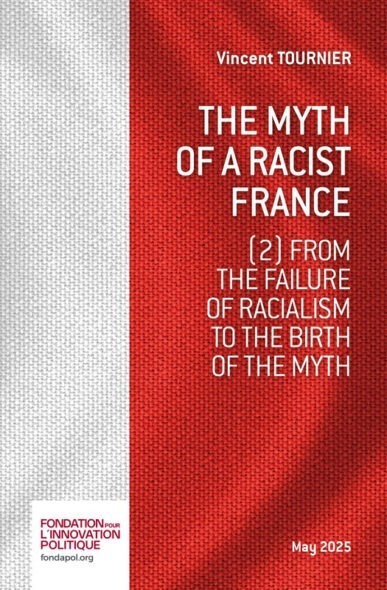

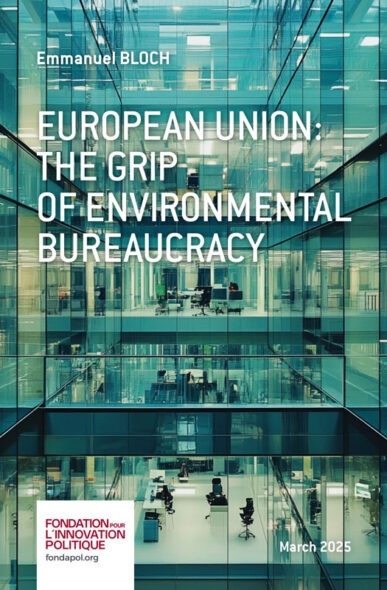



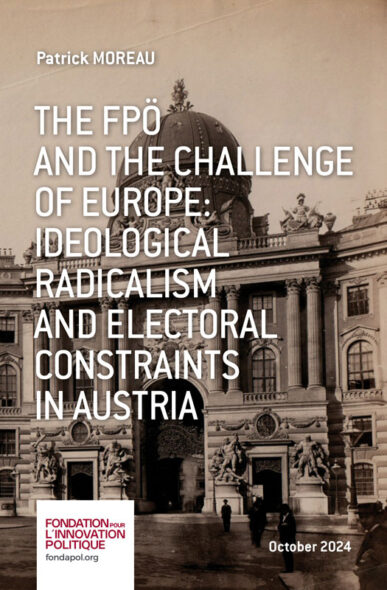

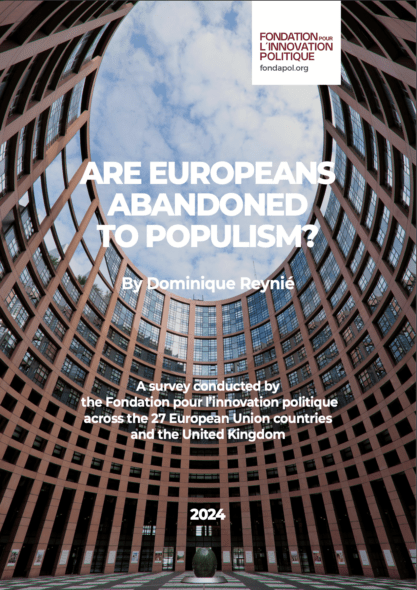
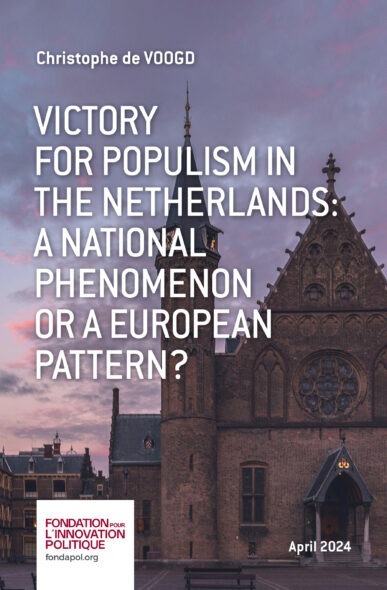

No comments.